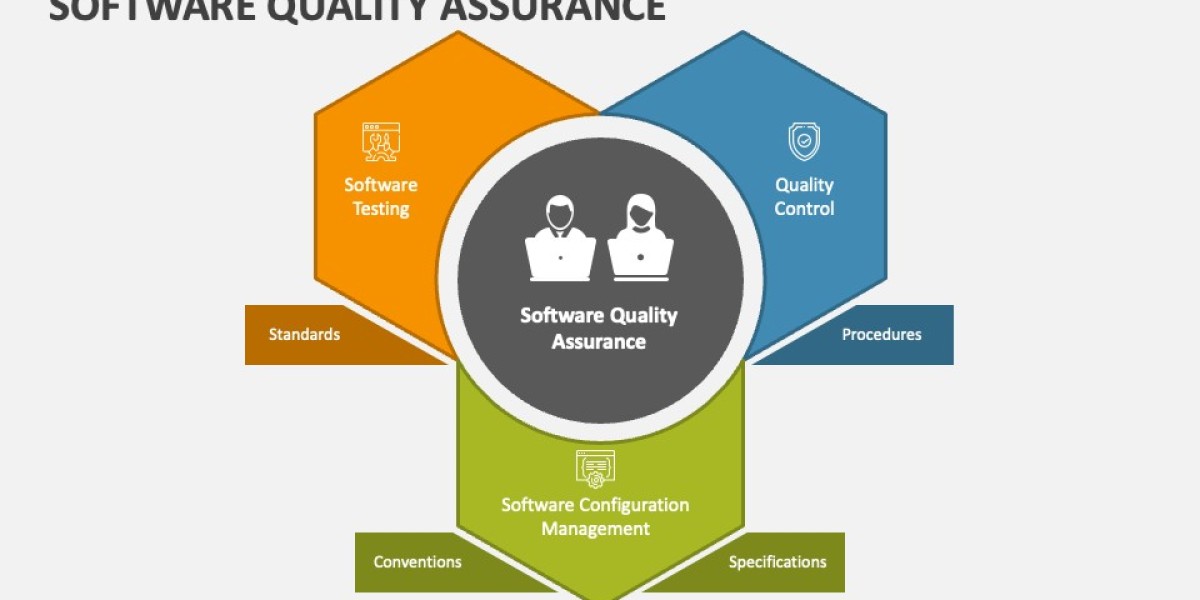The evolution of software testing from manual approaches to intelligent automation has transformed the Software Quality Assurance Market size. The Software Quality Assurance Market is projected to grow from USD 12.50 Billion in 2024 to USD 31.67 Billion by 2035, with a CAGR of 8.8% during the forecast period. The market was valued at USD 12.50 Billion in 2024. This transition reflects the growing demand for faster, more reliable, and scalable testing methods that can support today’s complex software ecosystems.
Automated testing has become the backbone of modern quality assurance processes. By reducing manual intervention, automation accelerates testing cycles, improves accuracy, and allows teams to focus on innovation. Organizations across sectors such as finance, healthcare, e-commerce, and manufacturing are investing heavily in test automation tools that integrate seamlessly with continuous integration and continuous delivery (CI/CD) pipelines.
Artificial intelligence and machine learning are revolutionizing quality assurance by enabling intelligent test case generation, defect prediction, and self-healing test scripts. These advancements help teams identify potential issues before they escalate, ensuring smoother software delivery and enhanced user experiences. As AI-driven testing tools become more sophisticated, the market is expected to witness exponential adoption among global enterprises.
The rise of agile and DevOps methodologies further drives the demand for comprehensive QA solutions. Continuous testing and integration ensure that software updates are deployed with minimal errors and maximum efficiency. This trend is particularly significant for organizations operating in competitive digital markets, where even a minor software glitch can result in significant financial or reputational losses.
Moreover, the adoption of cloud-based QA environments allows organizations to perform large-scale automated testing across multiple platforms, devices, and geographies. This flexibility ensures consistency in user experience and enables faster adaptation to evolving technological landscapes. With the increasing integration of AI, IoT, and blockchain applications, QA teams must ensure seamless performance across complex digital ecosystems.
As technology evolves, automation will continue to redefine the Software Quality Assurance Market. Businesses that embrace intelligent QA frameworks today will gain a competitive edge by delivering reliable, secure, and high-performing software solutions to meet the needs of tomorrow’s digital consumers.
Top Trending Reports:







